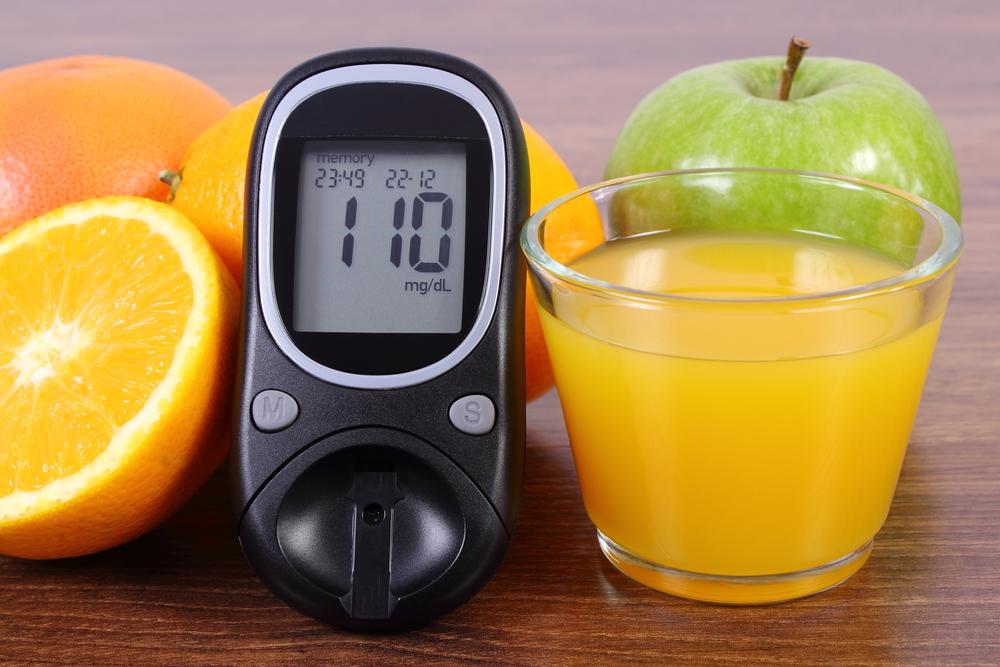Understanding Diarrhea: Causes, Symptoms, and Prevention
This article explores the causes, symptoms, diagnosis, and treatment options for diarrhea, emphasizing the importance of hydration and timely medical intervention. It highlights prevention strategies, including hygiene and vaccination, and discusses dietary recommendations to aid recovery. Suitable for both adults and children, it underscores seeking healthcare for persistent or severe symptoms to avoid complications like dehydration. An informative guide for understanding this common yet potentially serious condition, aiming to promote awareness and prompt action.

Understanding Diarrhea: Causes, Symptoms, and Prevention
Importance of Recognizing and Addressing Diarrhea
Diarrhea often resolves within a few days; however, prolonged episodes warrant medical attention. Persistent diarrhea may signal serious health issues such as infections, inflammatory bowel conditions, or irritable bowel syndrome. If experiencing symptoms like watery stools, fever, abdominal pain, blood in stools, bloating, nausea, or urgent bowel movements, consulting a healthcare professional is essential.
Children are particularly vulnerable due to rapid dehydration risk; seek medical care if diarrhea lasts over a day, or if dehydration signs like high fever, dark stools, or lethargy appear. Causes include infections (bacteria, viruses, parasites), medication side effects, food intolerances, or underlying diseases like Crohn’s or celiac disease.
Children face higher dehydration risks; medical attention is vital if symptoms persist beyond a day, or if dehydration or blood in stools occur. Causes include bacterial infections like Salmonella, viral agents such as Norwalk virus, or parasites like Giardia. Medication use and food sensitivities can also trigger diarrhea. Chronic conditions, including Crohn’s disease or irritable bowel syndrome, may be underlying factors. Proper hydration and seeking prompt medical care are crucial to prevent complications.
Dehydration symptoms are critical indicators in adults—excessive thirst, little urination, dark urine, dryness, fatigue, dizziness, or weakness. In children, watch for dry diapers, high fever, crying without tears, lethargy, or sunken eyes and cheeks. Preventive measures include good hygiene, frequent handwashing, avoiding contaminated food, and rotavirus vaccination. Diagnostic procedures involve stool tests, blood work, and endoscopic examinations to identify causes. Treatment focuses on rehydration, such as fluids with electrolytes, and addressing the root cause, whether by medication adjustments or diet modifications. Over-the-counter remedies can help control symptoms but should be used cautiously. A diet rich in clear fluids, bananas, potatoes, and probiotics can support recovery while avoiding trigger foods like sugars, dairy, or magnesium. Maintaining hydration and consulting a healthcare provider are vital for effective management and prevention of complications.










